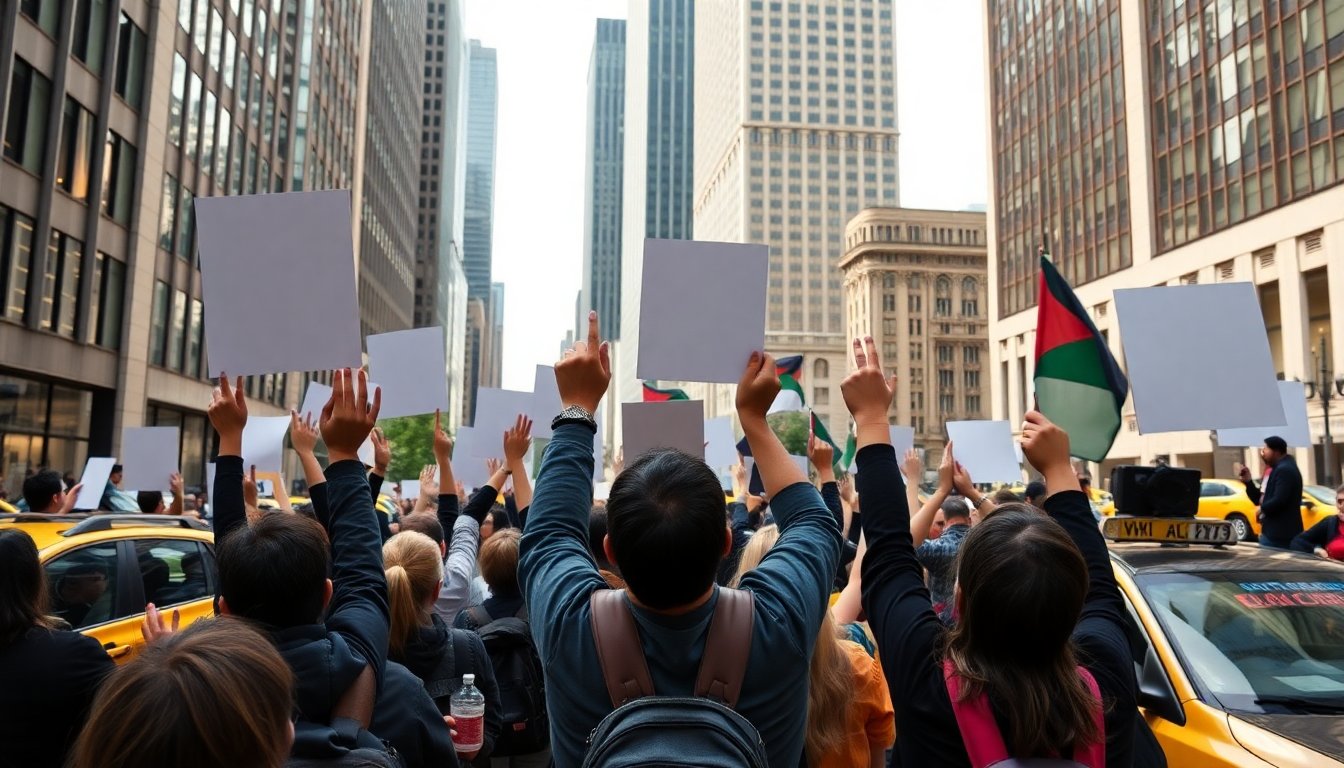Table of Contents
In a notable diplomatic move, the U.S. State Department has revoked the visa of Colombian President Gustavo Petro. This decision has sparked discussions regarding the implications of political speech and its impact on international relations. The action follows Petro’s remarks during a pro-Palestinian rally in New York, where he allegedly encouraged U.S. military personnel to disobey orders.
Background of the situation
The controversy erupted when President Petro attended a rally supporting Palestinian rights. The event gained attention not only for its cause but also for the comments made by the Colombian leader. During his speech, Petro articulated views that resonated with many attendees, yet raised concerns among U.S. officials. His remarks, perceived as urging U.S. soldiers to disobey orders, were interpreted as crossing a line that could threaten diplomatic relations between the two countries.
The implications of Petro’s remarks
The implications of President Petro’s statements are complex. They showcase his firm position on global matters, particularly concerning human rights and international justice. However, these remarks may also raise concerns, especially regarding the conduct of military personnel. The U.S. government has a well-established policy that emphasizes the importance of a professional military that follows lawful orders. Any implications suggesting otherwise could result in significant consequences.
Reactions and consequences
The revocation of Petro’s visa has prompted varied responses from both political analysts and the public. Many consider this a crucial action by the U.S. government to maintain the integrity of its armed forces. It sends a clear message that incitement to insubordination will not be tolerated, even from foreign leaders. Conversely, critics warn that this decision could heighten tensions between Colombia and the United States, which may adversely affect future diplomatic efforts.
Potential diplomatic fallout
This incident may prompt a reassessment of U.S.-Colombia relations. Colombia has long been a crucial ally of the United States in Latin America, particularly in efforts to combat drug trafficking and enhance regional stability. However, actions such as the recent visa revocation could strain this partnership, leading Colombia to seek closer connections with other nations. Such a shift could alter the balance of power in the region.
Future considerations
Looking ahead, the situation creates a complex scenario for both leaders and their countries. President Petro faces the challenge of addressing the fallout from his remarks while striving to uphold his commitment to global justice. Meanwhile, the U.S. government is likely to focus on strengthening military discipline while also maintaining diplomatic relations with a key partner in the region.
The recent incident highlights the fragile nature of international diplomacy, where statements can lead to significant repercussions. As both nations navigate forward, it is crucial for leaders to emphasize dialogue and mutual understanding. This approach will help prevent misunderstandings from escalating into larger conflicts.


